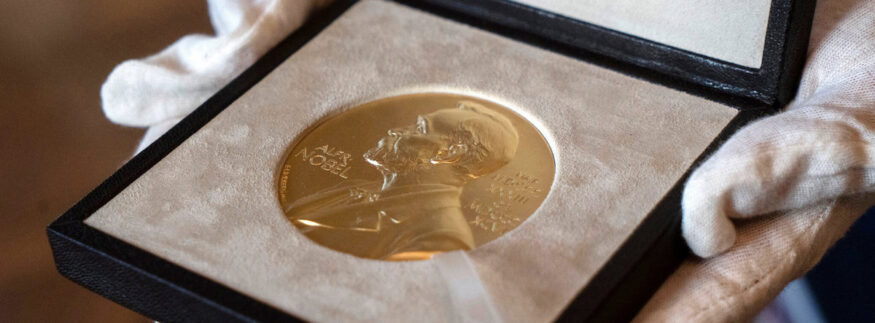
Haajar Abu Ismail
via Niklas Halle’N/Associated Press
It’s that time of year again, and no, we don’t mean Christmas. The Nobel Peace Prize ceremony happened on December 10, and with it comes the need to appreciate Egyptian historical figures who were Nobel Laureates in the past.
Mohamed El Baradei (1942 -): Nobel Peace Prize 2005
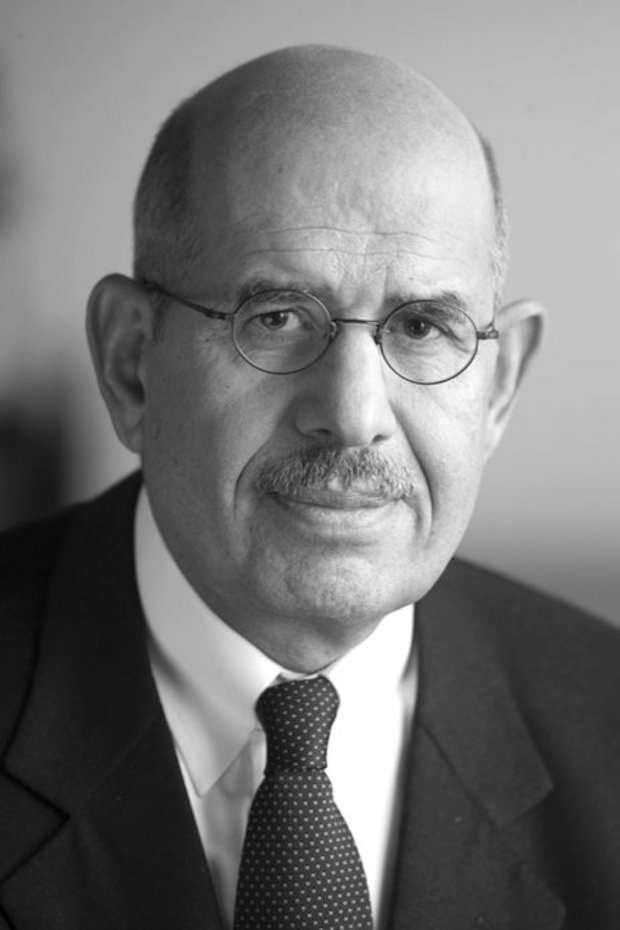
Mohamed El Baradei was the Director General of the International Atomic Energy Agency (IAEA), an intergovernmental organisation that is part of the United Nations system. He received the Nobel Peace Prize jointly with the IAEA for their efforts “to prevent nuclear energy from being used for military purposes and to ensure that nuclear energy for peaceful purposes is used in the safest possible way”. Dr El Baradei has also received many other honours and awards, including the Golden Plate Award from the Academy of Achievement and the Nile Collar, to name a couple. He is also currently the only living Egyptian Nobel Prize Winner.
Naguib Mahfouz (1911- 2006): Nobel Prize in Literature 1988
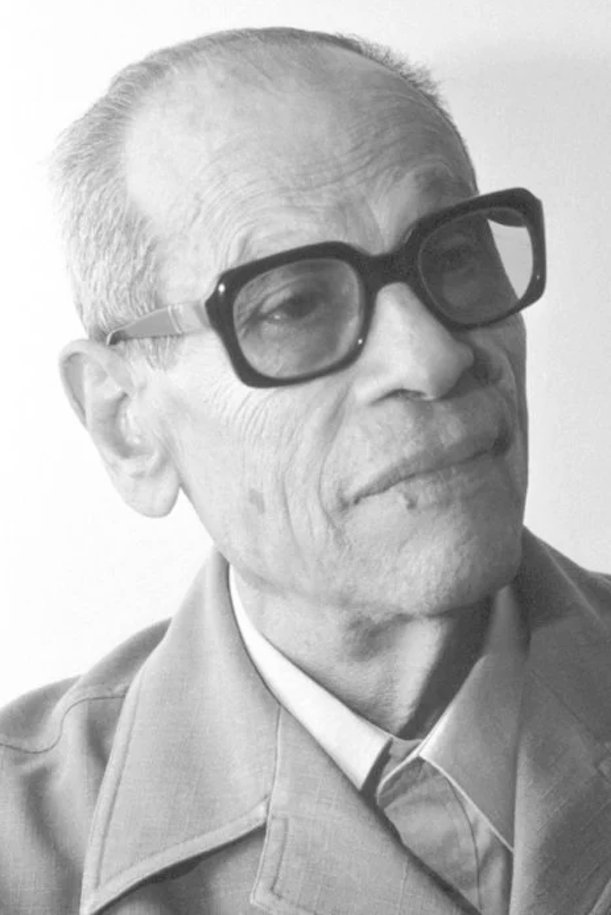
An Egyptian icon, Naguib Mahfouz was the first Egyptian to win a Nobel Prize, as well as the first native Arabic-speaking winner. He is widely regarded as one of the first Arab authors to begin writing contemporary Arabic literature, and he produced a collection of over 30 novels and 350 short stories. The merit of the award was due to how he “formed an Arabian narrative art that applies to all mankind”, according to the Nobel Prize organisation.
Anwar Sadat (1918-1981): Nobel Peace Prize 1978
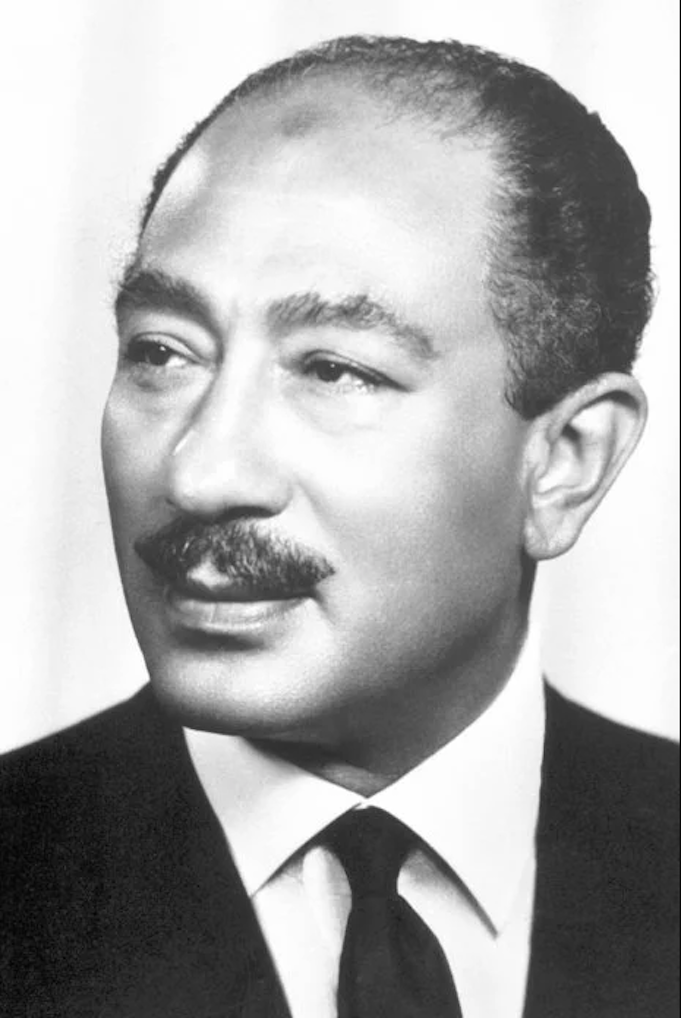
Anwar Sadat was the President of Egypt from 1970 to 1981. He jointly received the Nobel Peace Prize with Israel’s Prime Minister Begin in 1978 after taking the initiative to negotiate a peace treaty between the two nations in return for the recovery of the then-occupied Sinai.
Ahmed Zewail (1946-2016): Nobel Prize in Chemistry 1999
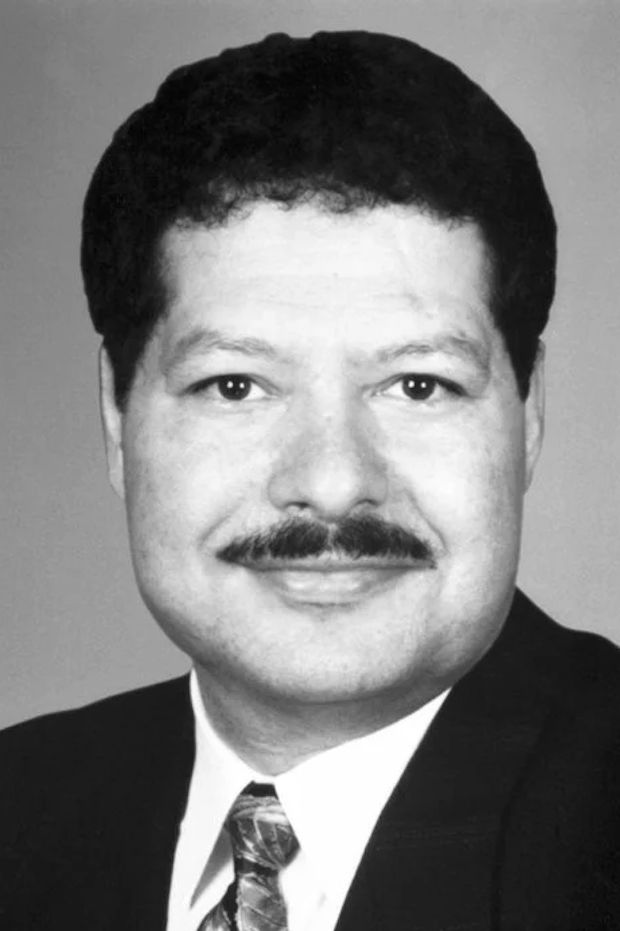
Ahmed Zewail was the first Egyptian to win a Nobel Prize in a scientific field, and he grew up in Alexandria. He received the Nobel Prize in Chemistry for his work on femtochemistry in the 1980s, when he “developed methods for studying chemical reactions in detail, having discovered that by using laser technology to produce flashes of light just a few femtoseconds long, reactions can be mapped”, according to the Nobel Prize Organization. Zewail spent much time in the U.S., having moved there to pursue his PhD at the University of Pennsylvania in Philadelphia, then later working at the University of California, Berkeley, and then at the California Institute of Technology in Pasadena in 1976.
recommended
 Cafés
Cafés
Bite Into the Croffle Craze: The Best 5 Spots to Try Croffles in Cairo
cafes cairo +2 City Life
City Life



